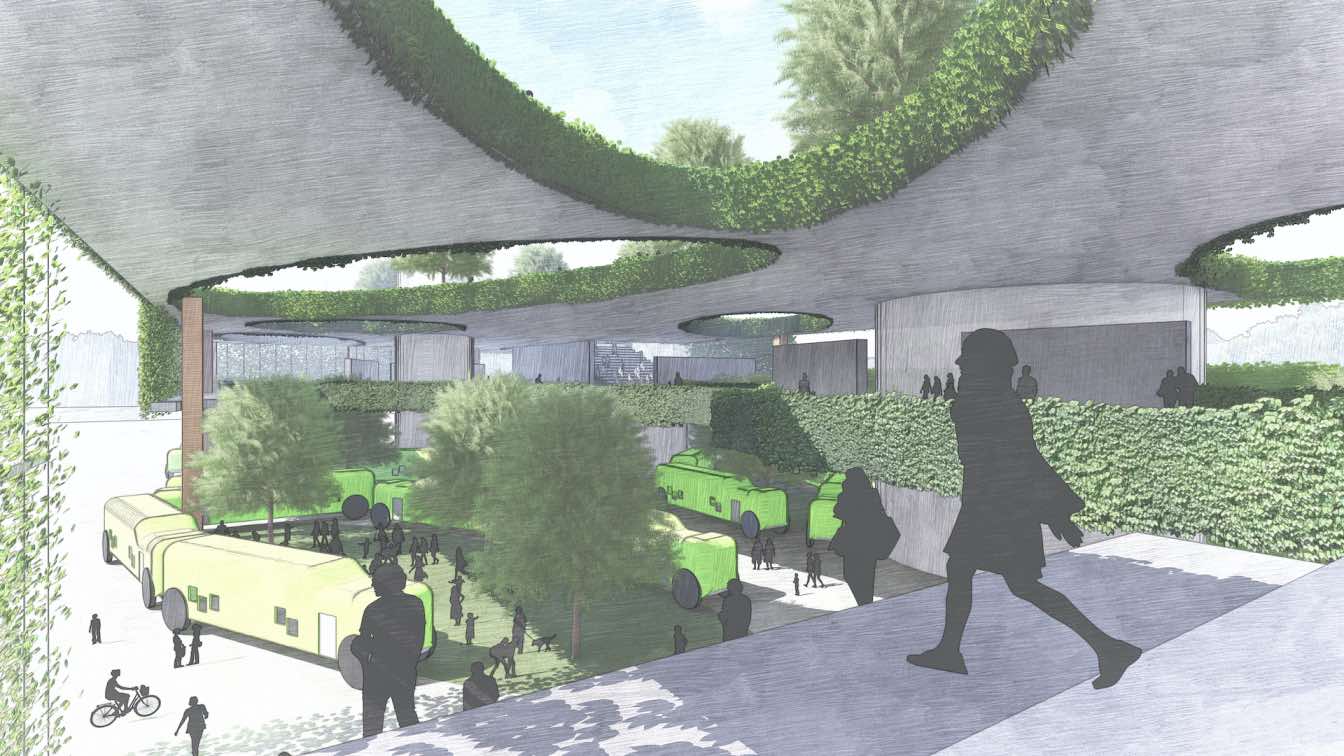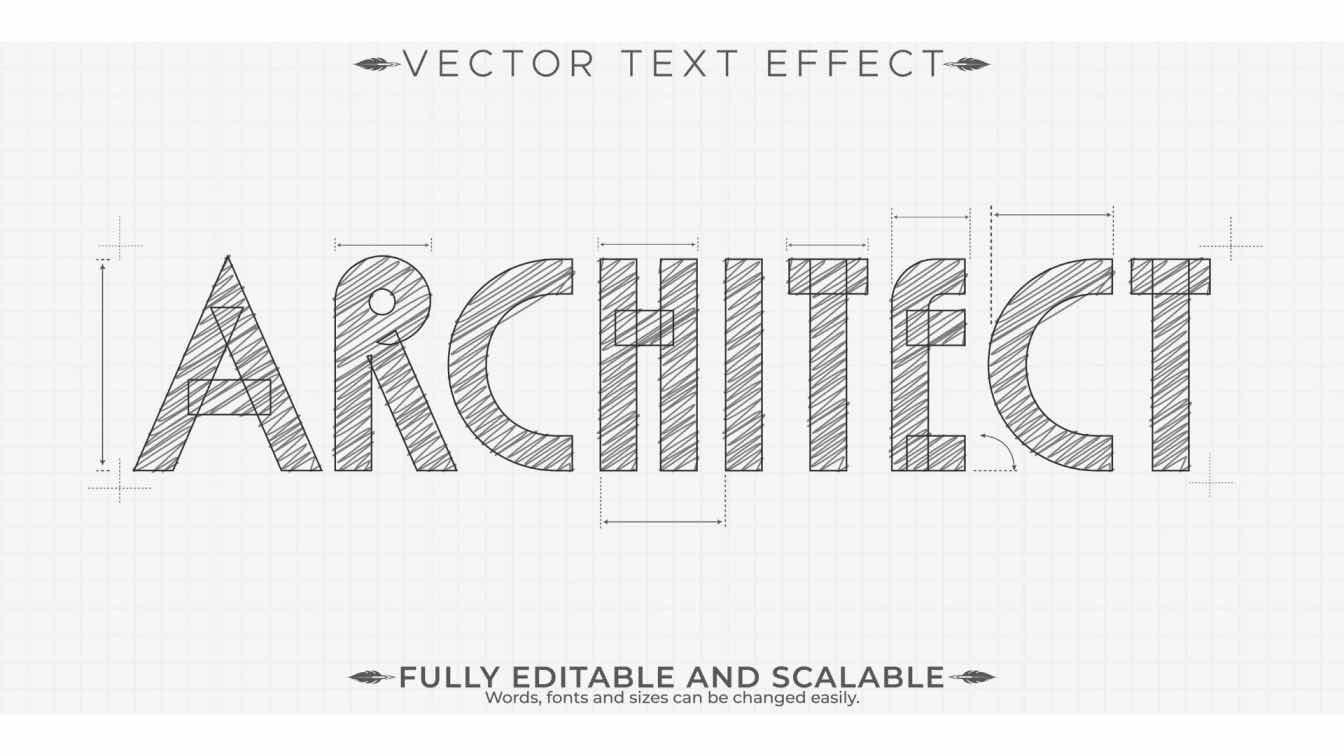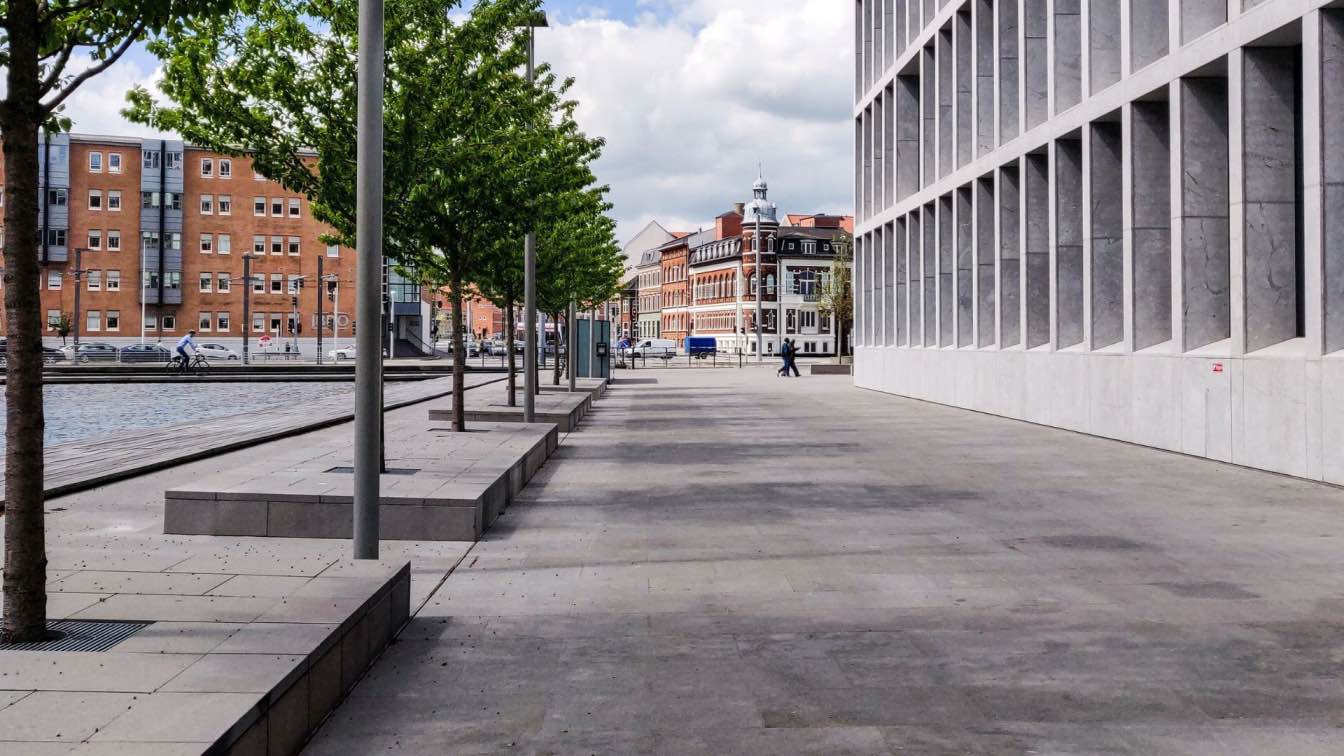Innovative ‘Learning Everywhere’ Concept Heralded as ‘Classroom of the Future’
How to get children back to learning and socializing has vexed parents and school administrators since the pandemic’s onset. One architect devised a solution to these unprecedented circumstances, an award‐winning Classroom of the Future concept that sets post‐pandemic learning free from enclosure. This new strategy for safer, COVID‐responsive learning urges a shift from indoor lecture‐based classrooms to outdoor flexible learning environments. Los Angeles‐based Berliner Architects imagines the future of education as mobile, happening everywhere students might be during any given day.
“To envision what the not‐so‐distant future of education could be, we looked to the past and were inspired by the PBS cartoon The Magic School Bus, which has engaged kids for years,” says Berliner Architects’ Richard Berliner, AIA, ALEP, LEED AP. “The ‘Learning Everywhere’ concept casts a solar‐ powered electric bus as a remote classroom. When parked, it transforms into a fresh‐air learning environment.”

image courtesy Berliner Architects
Additional “Learning Everywhere” features that enrich K‐12 education:
• Central School Park: This hybrid landscape/building facility doubles as a school and a gathering destination for the neighboring community. A three‐story porous structure prioritizes outdoor learning on all levels, integrating gardens, green walls, courtyards, and natural ventilation through the top floor that opens to the sky.
• In transit: Students travel in small learning pods throughout the day with their teachers, limiting exposure to others. To further lower density, schedules are staggered so that some pods are in their Magic Classroom Bus remote classrooms at locations such as museums, concert halls, or even the beach, while other pods are at the Central School Park.
• At home: Expanding the pandemic remote‐learning model, conferencing technology optimizes focused one‐on‐one interactions between students and their educators.
The “Learning Everywhere” concept was named winner of the 2021 Classroom of the Future Competition, another prestigious win for Berliner Architects’ forward‐thinking creativity in school design. Awarded by the San Francisco Chapter of the American Institute of Architects (AIASF), the international competition solicited big‐picture solutions for safer post‐pandemic education.
 image courtesy Berliner Architects
image courtesy Berliner Architects
“We were impressed by Berliner Architects’ ability to make the most out of the context,” said AIASF jury members, who enjoyed the playful yet practical approach to the future of education. “Utilizing what’s already beloved, such as the Magic School Bus, at a time when so much seems unclear and unstable for children is a really beautiful way of grounding us in the educational experience and opening us up to new possibilities.”
The winning proposal in the AIASF Professional Category was developed by a six‐person team within Berliner Architects: Richard Berliner, AIA, Eric Rutgers, Tannaz Mohtasebi, Ian Fitzpatrick, Miguel Lamas, and Kai Telles. This “Classroom of the Future” honor adds to the more than 25 awards Berliner Architects has received throughout its vibrant 25‐year history. These include a prestigious Super School Project Award from Laurene Powell Jobs’ XQ Institute, an organization devoted to re‐thinking high schools to better prepare students for success in life. Berliner’s design concept centered on multiple hubs that encourage spontaneous learning activities, empowering students to become more invested in their education. The firm was part a team of educators that won a $10‐million XQ grant for the concept.





About Berliner Architects
Established in 1996 in Los Angeles by Richard Berliner, AIA, LEED AP, Berliner Architects believes that every space counts—thoughtfully designed spaces positively impact their occupants’ qualities of life, improving the way people live, work, learn, and play. The firm prides itself on thoughtful, cost‐effective, and sustainable design solutions created in collaboration with its clients. Recognized for its work across various typologies—including higher education, K‐12, entertainment, spiritual, and master planning— Berliner Architects has won more than 25 awards for its impactful, efficient, and user‐friendly designs. These include a Super School Project Award from Laurene Powell Jobs’ XQ Institute for re‐thinking high‐ school design.





